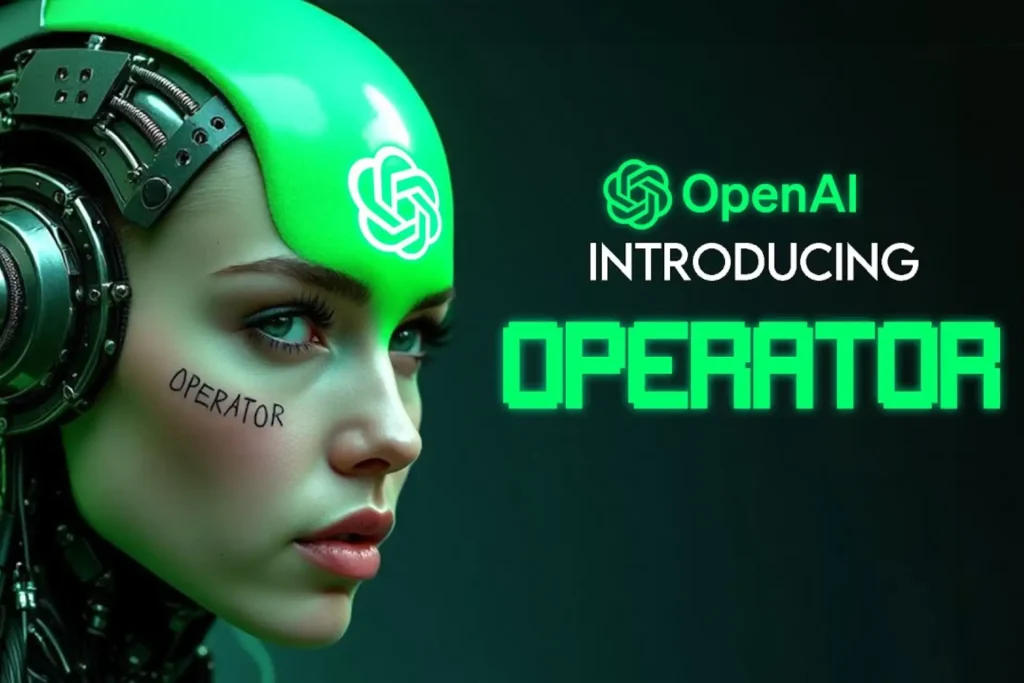AI Agents and Their Core Functions
AI agents are sophisticated systems designed to perform specific tasks autonomously by interpreting environmental data and making decisions based on pre-defined algorithms or learned experiences. Unlike traditional software, AI agents function dynamically, adapting to new information and changing conditions. They are commonly used in applications such as virtual assistants, chatbots, and decision-making systems. Their ability to interact seamlessly with their surroundings makes them a cornerstone of modern technology.
The Importance of Machine Learning in AI Agent Development
Machine learning is at the heart of ai agent development, enabling these systems to learn from data, improve over time, and adapt to complex tasks. By analyzing patterns and making predictions, machine learning algorithms empower AI agents to deliver accurate results in real-world scenarios. For example, a customer service chatbot improves with every interaction, becoming better at understanding customer queries. The incorporation of deep learning, neural networks, and natural language processing has further advanced the capabilities of AI agents.
Applications of AI Agents Across Industries
AI agents have found applications across various industries, revolutionizing workflows and enhancing efficiency. In healthcare, AI agents assist in diagnosing diseases and providing personalized treatment plans. In finance, they help with fraud detection and algorithmic trading. Retail businesses use AI agents for customer segmentation and personalized marketing, while the transportation sector benefits from AI-powered navigation and autonomous vehicles. These versatile applications demonstrate the transformative potential of AI agents in both everyday life and specialized fields.
Challenges in Developing Reliable AI Agents
Despite their potential, AI agent development is not without challenges. Developers often face issues such as data quality, algorithm bias, and security concerns. AI agents require large volumes of accurate and diverse data to function effectively, and any biases in the training data can lead to unfair or incorrect outcomes. Additionally, ensuring that AI agents are secure and resilient against cyber threats is critical to maintaining user trust and system integrity. These challenges highlight the need for robust development practices and ongoing research.
The Future of AI Agent Development
The future of AI agent development promises groundbreaking advancements that will redefine the way we interact with technology. Emerging trends include the integration of multi-agent systems, which enable AI agents to collaborate and solve complex problems collectively. Additionally, advancements in explainable AI aim to make AI agents more transparent and accountable. As technology evolves, AI agents are expected to become even more intuitive, playing a central role in shaping the future of industries and society.


